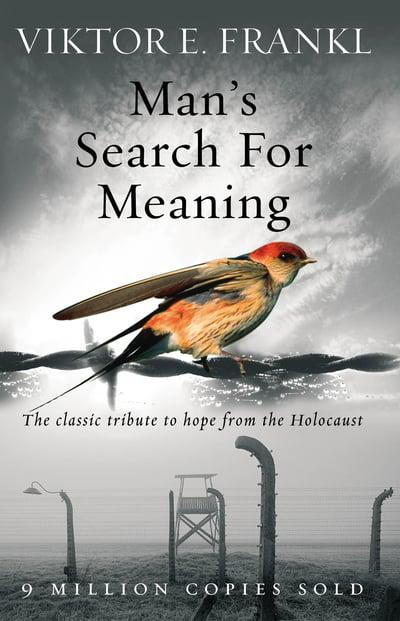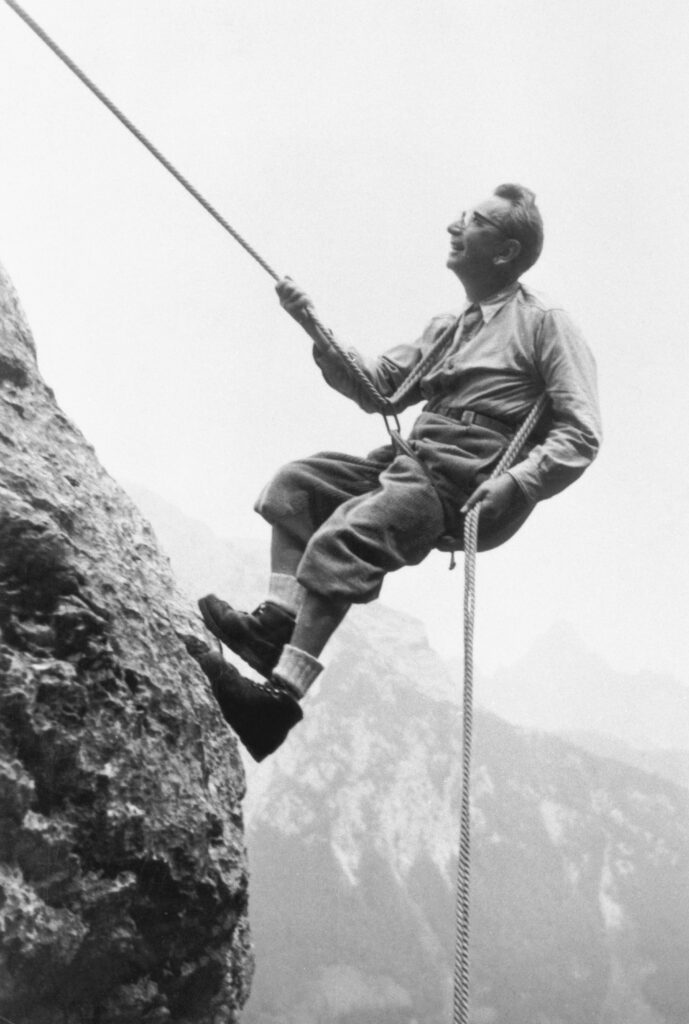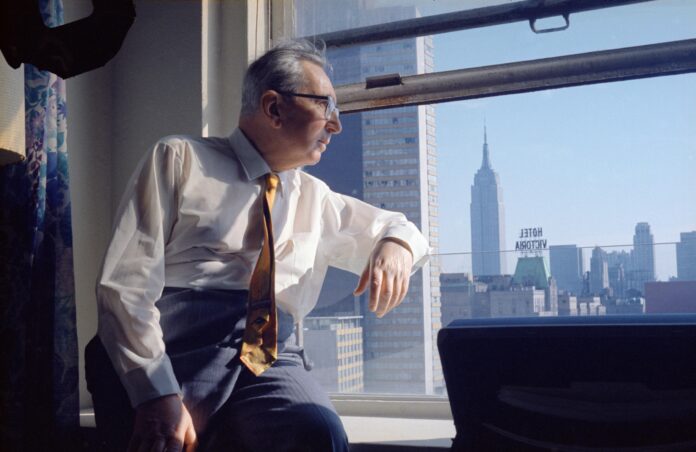It’s time to take a leaf out of Viktor Frankl’s book, Man’s Search For Meaning, and imagine what story we will tell in 10 or 20 years’ time of how we managed during the COVID-19 pandemic, writes Newcastle-based contributor Meldi Arkinstall.
The uncertainty is crippling in every way and we need to find a way to rise above it.
Hoping it will all be over soon, that everything will go back to normal, or that if I just get through the next two months everything will be okay: these have become futile thoughts because no one knows with any certainty how this thing is going to play out.
Frankl was a psychiatrist and a prisoner in a World War II concentration camp.
The founder of logotherapy (based on the idea that the meaning of our lives is the biggest and all consuming question of our minds and the biggest stressor on our psyches), Frankl was in a bad way in the camp, worrying obsessively about trivial every day things, such as where he would get his next cigarette.
His mind went on a ceaseless list of worries every day and, one day, he made a decision to stop.
Instead, he decided to direct his thoughts to something else.
Suddenly, he found himself standing on the platform of a well-lit, warm and pleasant lectern room.
“In front of me sat an attentive audience on comfortable upholstered seats. I was giving a lecture on the psychology of the concentration camp!” he wrote.

By imagining himself doing something constructive in the future, he gave himself a sense of hope, and he observed the events of his dreadful reality as being in the past.
Managing the uncertainty of when it will all end is one of the most difficult things about living through COVID-19.
A lack of certainty can be very destructive.
Do we keep watching the news in order to keep up with what’s happening, to see how many new cases have been recorded today and how many aged homes now have it?
How many new cases in Victoria and whether another border has been closed? Or do we turn it off in order to preserve our sanity?
In their book, Growing Up Again, Jean Clarke and Connie Dawson state that stimulation, recognition and certainty are essential pillars of sound mental health.
These needs are so strong they can override needs for sleep or food.
Certainty is exactly what we don’t have right now.
We don’t know how long COVID-19 is going to go on for, and we don’t know when, if ever, there will be a vaccine.
If there is another big outbreak in NSW that is similar to Victoria, will NSW go into lockdown?
We don’t know.
Will we get infected and, if so, will we die or just get a bit sick? If our nearest and dearest get infected, what will happen to them?
How many people will die? Will the world economy collapse? What will happen to my employment? Don’t know.
What will happen to my husband’s employment? Don’t know that either.
Certainty gives us a feeling of safety, and of security.
In the words of Clarke and Dawson, certainty involves the hunger for physical, social, and psychological systems that keep us safe and make life predictable.
And, we don’t have much of that right now. And, it’s all the fault of an invisible disease that spreads like wildfire.

Man’s Search for Meaning was first published in Austria in 1946 and sold millions of copies.
In it, Frankl recounts how he made a decision to control his thinking, as those who survived did so because of an inner decision.
They had decided to keep hold of their spiritual inner sanctum, the only thing left of themselves and their surroundings that they had any power over.
Although the camps were abhorrent, with men in huts with floors covered in faeces, and boards as beds that slept up to 18 on a single level, and rats, lice and vermin, there was a few men who walked around comforting others.
In Frankl’s words: “They may have been few in number, but they offered sufficient proof that everything can be taken from a man but one thing: the last of the human freedoms – to choose one’s attitude in any set of given circumstances.”
Grab of copy of Frankl’s book if you can, as it will help you reframe your thinking and look at what is happening to all of us in a different way.
Stop worrying about day-to-day things so much.
Keep your eye on the bigger picture and start imagining what you will say to people in 10 years’ time about what you and yours did to manage – what you did to survive and thrive.
* Meldi Arkinstall is a Newcastle communications and social media expert. She is researching how businesses use social media as part of a Masters degree at the University of Newcastle.



